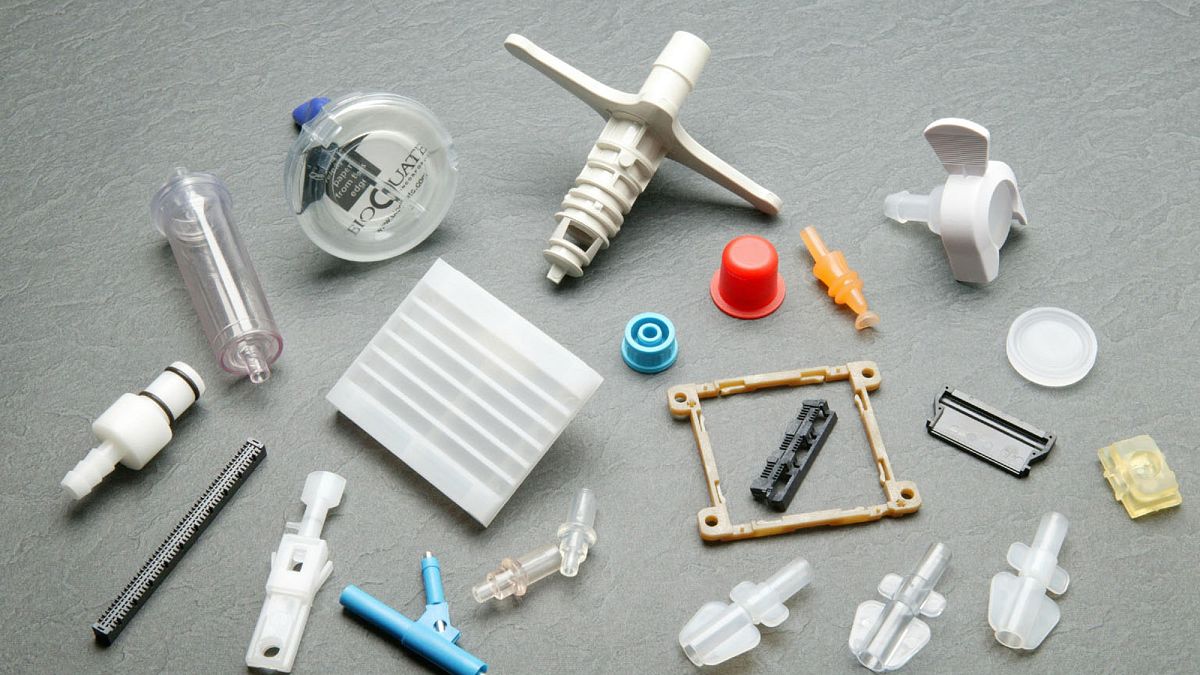A reform of the EU’s safety framework for products from pacemakers to syringes wasn’t been explicitly promised by von der Leyen, but wasn’t ruled out either.
In her address to MEPs last week, Ursula von der Leyen outlined her health policy agenda for the next five-year term – but the industry is hoping she also has further reforms up her sleeve.
In political guidelines presented last Thursday, the Commission President – before gaining lawmakers’ approval to serve a second five-year term – set out plans for new laws on hospital cybersecurity, critical medicines and biotechnology.
But von der Leyen stayed silent on another issue the sector regards as crucial: addressing the long-standing issues with the EU’s rules on medical devices such as syringes, pacemakers, and breast implants.
Health stakeholders, led by the medical technologies lobby MedTech Europe, were hoping there’d be some mention of reforming the legal framework, and views the failure to do so as a significant omission from von der Leyen.
“The time has come to deliver urgent and effective reform and ensure that the regulations deliver for patients,” MedTech Europe said in a note following the vote last week.
The lobby group is worried that approval processes set out under current law could prove impossible in practice, leading to shortages of key products. New safety standards set out under 2017 EU laws potentially require thousands of existing devices to be re-approved and re-certified.
There were fears that in practice many would fail to carry out all the paperwork, meaning key medical products would suddenly become unavailable from the EU market. To avoid the troubling prospect of shortages, Brussels has repeatedly extended a transition period to gain authorisation, and the framework was never fully implemented.
Yet despite the lack of any explicit reference from von der Leyen, there may be hope yet for the industry.
A Commission spokesperson told Euronews that the EU executive has launched necessary preparatory steps “to evaluate and review the existing legislation to address its shortcomings, as needed.”
“This evaluation will inform possible follow-up actions under the political orientation of the next Commission,” he said, indicating that a reform has not been ruled out.
What’s the issue about
A first overhaul of the EU medical devices framework in 2012 was designed to revamp obsolete rules dating back to the 1990s and improve safety and availability.
In 2017, Brussels added extra provisions for in vitro diagnostic medical devices, like glucose meters for diabetics and HIV tests.
But the diverse and complex structure of the EU industry makes it hard to make those laws work in practice.
According to MedTech Europe figures, over 15,900 patent applications for medical devices were filed in 2023 with the European Patent Office – roughly one new application every 30 minutes, in a sector where 37,000 European companies, mostly small and medium-sized, operate.
Further slowing the process, member states have failed to designate the bodies authorised to assess product conformity before medical devices are placed on the market.
“We urge the re-elected Commission President to make the early and comprehensive reform of [medical devices] central to her health and competitiveness agenda, taking into account input from their targeted evaluation,” MedTech Europe said in a note.















